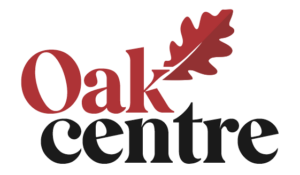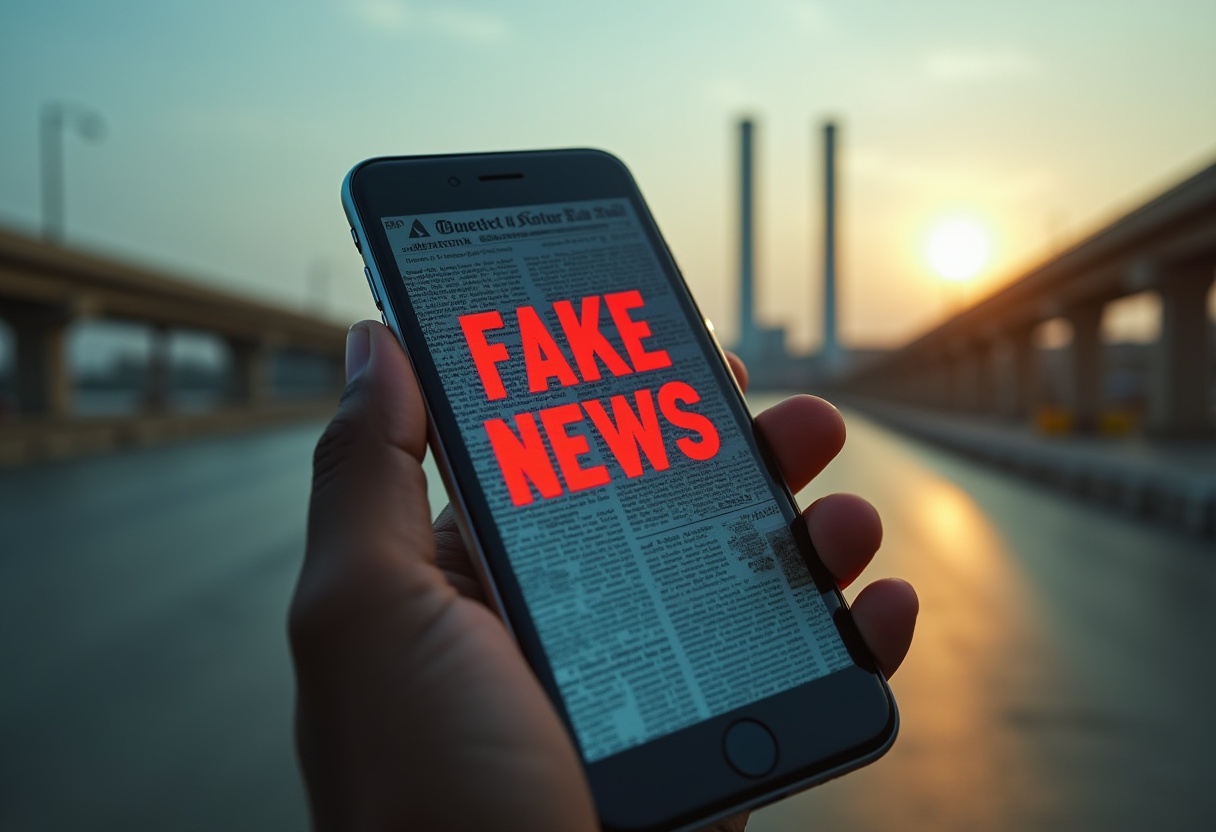Misinformation is rarely idle; it thrives on speed, repetition, and emotional appeal. Once released, a false claim can travel faster than its correction, shaping perception before facts catch up. Each week brings new reminders that the health of Nigeria’s information space depends not only on institutional vigilance but also on the everyday discipline of citizens who verify before they share.
Falsehood of the week
In the contest between fact and fiction, delay is defeat. Rumours travel with the speed of impulse, and without timely challenge, they take root as reality. This week, one such falsehood claimed that the 2025 WAEC and NECO examinations had been cancelled due to widespread malpractice.
The story, born of a fabricated press release and amplified by the frictionless spread of WhatsApp and other social media, gained legitimacy through repetition, not evidence. Screenshots of the forged release circulated widely, often stripped of context, making it appear authentic to unsuspecting parents and students.
Yet on 20 July 2025, the Federal Ministry of Education dismantled the claim, confirming that all examinations proceeded as scheduled. Officials acknowledged isolated malpractice incidents but noted that they were swiftly contained without disruption. The lesson is unambiguous: in a climate of rapid misinformation, verification from credible institutional sources such as waecnigeria.org, neco.gov.ng, or education.gov.ng is not optional but a civic duty.
Citizen tool of the week
In the broader battle against false information, even seemingly small measures can shift the balance. Airtel Nigeria’s Spam Alert Service, which allows subscribers to forward suspicious texts to 993 at no cost, is one such intervention. Beyond blocking offending numbers, it turns citizens into active custodians of the digital space, reinforcing collective resilience against fraud and deception.
The significance of such tools lies not only in their immediate impact but in their symbolic value. They transform passive recipients of information into proactive defenders of the information commons. When millions adopt these habits, fraudsters lose their advantage.
Media ethics watch
The ethical stakes are no less urgent in the press freedom arena. A new Media Rights Agenda report, released 28 July 2025, documents 141 violations against journalists between 2023 and mid-2025. The Nigeria Police accounted for 43.3 percent, with the Department of State Services responsible for five percent. The catalogue of abuses is sobering: arbitrary arrests, online surveillance, intimidation, denial of access to information, and the misuse of cybercrime laws to silence critical reporting.
One case stands out. In early 2025, journalist and activist Dele Farotimi faced prolonged police questioning after publishing a column critical of government procurement practices. Though eventually released without charge, the episode sent a chilling message to other reporters. When harassment becomes routine, self-censorship follows, narrowing the range of voices in the public square.
Conflict reporting, accountability journalism, and even routine coverage of civic events are all weakened when reporters fear reprisals. The absence of robust protections not only endangers individuals but erodes public trust in the media’s capacity to hold power to account.
Ethics case file
The violations highlighted by Media Rights Agenda expose a larger dilemma: the fragility of press freedom in Nigeria. Press freedom is not ornamental to democracy. It is its scaffolding. Where journalists are silenced, scrutiny fades, and power is left unpoliced. In such conditions, opacity thrives, and with it, the slow erosion of democratic life.
Ethical codes demand more than compliance. They require a collective defence of the profession itself. Just as doctors uphold the Hippocratic Oath, journalists must insist that attacks on one reporter are an attack on all. Professional associations, legal advocates, and newsroom leaders bear a duty to resist the normalisation of repression. Without this solidarity, the promise of a free press risks becoming an empty slogan.
Closing reflection
The threads running through this week’s cases, from fabricated exam cancellations to systemic intimidation of journalists, point to a single truth: misinformation and repression feed off delay, silence, and inattention. Both thrive when institutions hesitate, when citizens retreat into cynicism, and when journalists allow intimidation to erode their resolve.
The path forward requires vigilance at every level: citizens who refuse to forward unverified claims, telecom providers who empower users with protective tools, media organisations that hold themselves to higher standards, and governments that respect rather than restrict the work of the press. Truth cannot defend itself. It depends on the habits and courage of those who are willing to uphold it.





